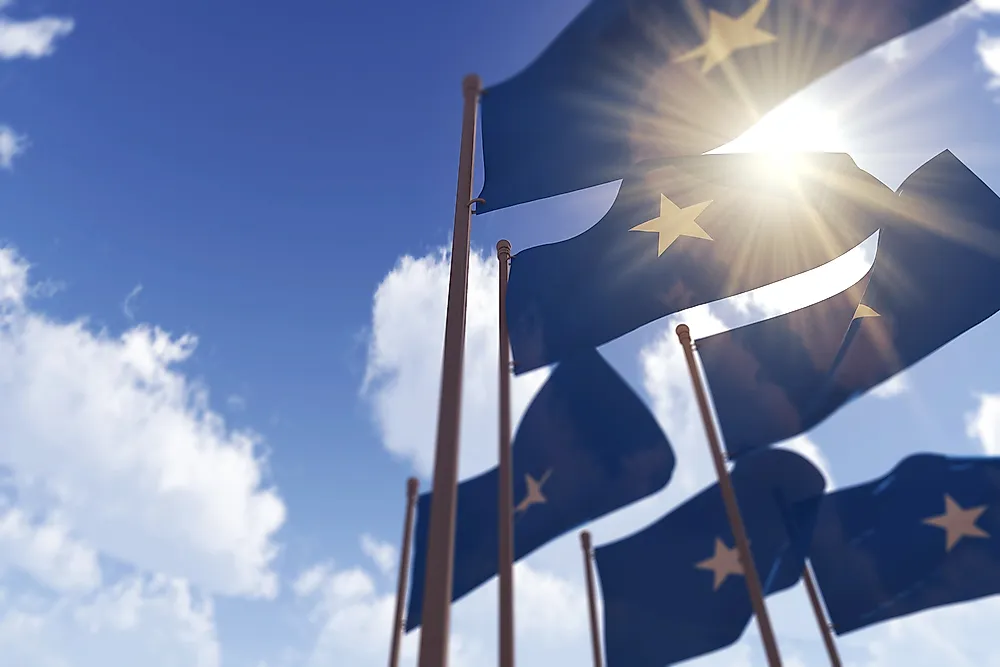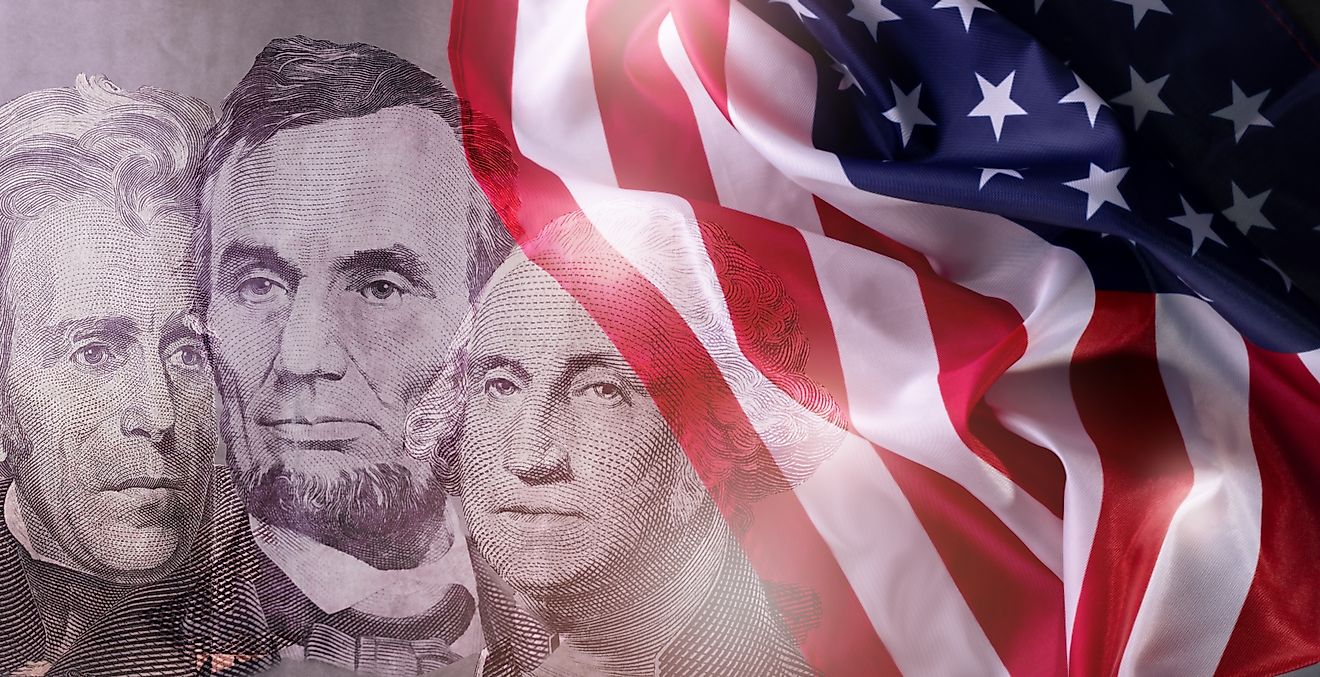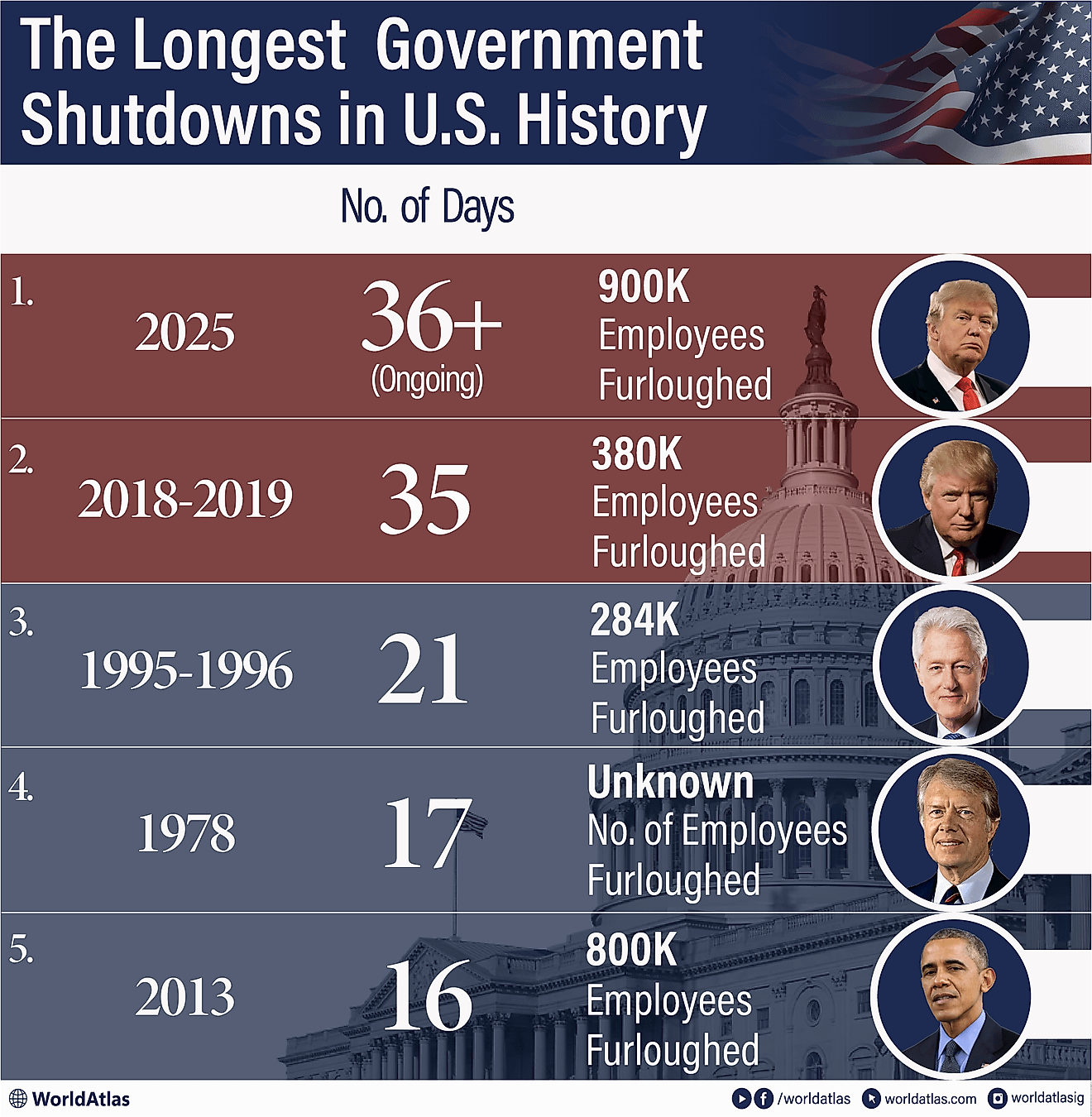What Type Of Government Does Somalia Have?

Somalia has a federal parliamentary system of government where the President is the head of government, to whom the Cabinet reports through the Prime Minister. The Federal Parliament of Somalia and the executive branch officially constitute the government since the Judiciary, even though part of the government, is a constitutionally free body with no functional ties to the other two branches. The civil wars ravishing the country discourage any form of stable and widespread government in the country. However, there are some semi-sovereign states known as the Federal Member States running the affairs of their regions.
Executive Branch Of The Government Of Somalia
The Federal Parliament elects the president who in turn becomes the head of state. The Prime Minister, chosen by the president, serves as the head of government and the Council of Ministers' answers to him. As per the Somali Constitution implemented in 2004, the Council of Ministers (Cabinet Ministers) has the most powers of the executive branch of government. The cabinets perform duties such as formulating government policies and implementing them; sets the budgets and the country’s finances and formulate the national economic and development programs. It also enforces laws, protects state interests and ensures national security; appoint and dismiss senior public officials; approve and implement administrative regulations as stipulated by statute, and prepare drafts and present them before the lower house.
Judiciary Branch
The judicial system, as defined and specified by the Provisional Constitution, is structured into three tires: Federal Member State level courts; Federal Government level courts; and the Constitutional Court. Any federal tier member of the legal structure must be appointed by a 9-member Judicial Service Commission. The commission is also tasked with the responsibility of selecting and presenting potential Constitution Court judges to the Lower House for approval. Upon endorsement, the president then appoints the candidate as a magistrate. The Constitution Court comprises of five judges, and the system arbitrates various federal and sub-national matters and issues involving the constitution. The courts have a judicial authority, and the judiciary itself is subject to administrative law; the system is functionally independent of the executive and legislative branches and a judge cannot be legally pursued for exercising judicial function. Only the Judicial Service Commission can authorize a warrant for arrest or house search. Upon the approval of the Constitutional Review and Implementation Commission in May 2014, more new law courts have been set-up in regions recaptured by the central government to handle cases on a provincial basis.
Parliament Of Somalia
Somali’s Federal Parliament constitutes the Legislature where the Federal Government of Somali represents the executive branch. The Federal Parliament elects the President, Speaker and the Deputy Speakers. The legislature functions in passing and vetoing laws. The parliament is bicameral consisting of the lower house or the House of the People (275 seats) and Upper House (54 seats). The law dictates that at least 30% of all MPS must be women. The Technical Selection Committee, tasked with vetting potential legislators elected the current parliament mandated to serve from 2012 to 2016. The National Constituent of elders elected the committee. Mohamed Osman Jawari is the Current Speaker of the Federal Parliament.
Federal Member States
The Federal Member States are the Local state governments, who maintain regional affairs have their police and security forces. The local governments are constitutionally subject to the Government of the Federal Republic of Somalia authority. There are 18 administrative regions in the country which subdivide further into districts. The northern part of Somalia has semi-sovereign state of the Somaliland and Puntland; Galmudug lies South of Puntland; Jubaland in the far south; and the Central Somalia. The federal Parliament selects the number and boundaries of the local governments, and in December 2014 the legislature formed the Boundary and Federalization Commission that determines the limits of the local governments and adjudicates between and among the regional states.
Challenges Facing The Government Of Somalia
Somali has an internationally recognized Federal government in the country’s capital Mogadishu. After years of civil war and unrest, the government has ineffectively performed critical state functions like maintenance of internal order, tax collection, and economic redistribution. The primary challenges facing the government of Somali are misappropriated sovereignty, corruption, and incessant political infighting, lack of widespread support, and a shoestring government budget.











